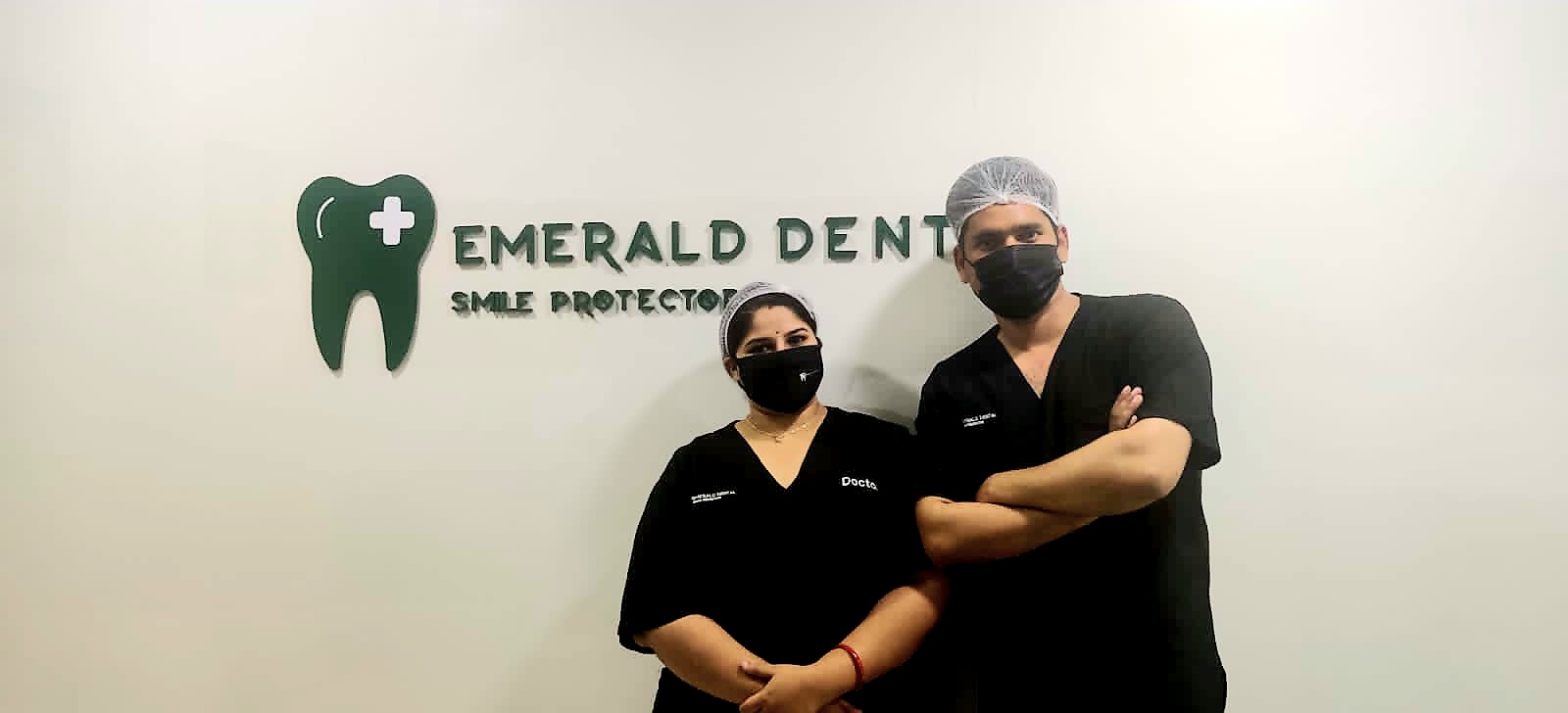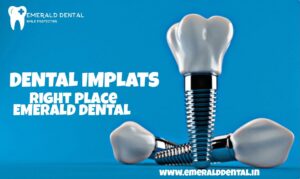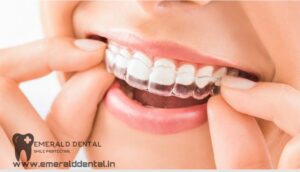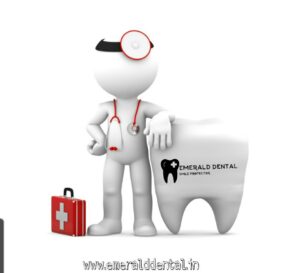
Charcoal toothpaste is one of the trending topics in beauty these days, but why? You’ve likely seen it on social media, the use of activated charcoal in face masks, as supplements and even as toothpaste! It’s all due to its detoxification properties. However, just like many home remedies, there are skeptics and proponents. Let’s take a look at both sides
The Benefits of Charcoal Toothpaste
Brushing your teeth with charcoal toothpaste is a fad because the people who have tried it say it is effective, however there isn’t a specific measure of how long it took to see results or how much whiter their smiles became. Others believe it removes stains on teeth and bacteria from their mouths. The charcoal toothpaste makers claim it removes discoloration without bleaching.
But, that’s where it ends. According to WebMD, charcoal is best when administered by medical personnel to reduce the effects of poisoning or overdose. “When you take activated charcoal, drugs and toxins can bind to it. This helps rid the body of unwanted substances.” Source: WebMD Activated Charcoal
The Risks of Brushing with Charcoal Toothpaste
Not only do you risk overdose, several other risks of using charcoal toothpaste have been brought forward. The biggest concerns include:
Abrasiveness. Used regularly charcoal can damage tooth enamel and gum tissue.
Over-absorption. Charcoal may absorb beneficial items such as needed medications.
Constipation. Intestinal blockages and constipation can be a result of long term use of charcoal, in addition to black stools and a discolored tongue.
After effects. Even those who love charcoal toothpaste report needing to use regular toothpaste after a charcoal treatment to rinse it away and give fresh breath, otherwise a black residue may remain
No fluoride. Charcoal toothpaste can’t be used in place of regular toothpaste as it doesn’t contain the necessary component of fluoride, which fights dental decay. “Fluoride is nature’s cavity fighter and can cut tooth decay by up to 40 percent.” Source: Daily Burn
Unknown safety. There are few studies on the benefits of charcoal as a dietary supplement, so both short and long-term effects are unknown.
Unknown effectiveness. Charcoal’s whitening effect is largely speculative. There have been no scientifically accepted studies that confirm charcoal’s whitening claims.
The American Dental Association’s View
For a whiter, brighter smile, the ADA suggests avoiding staining foods such as wine, coffee, tea and tobacco products. They also recommend brushing your teeth twice a day for two full minutes with whitening toothpaste that carries the ADA Seal of Acceptance and flossing daily. Regularly scheduled visits to your dentist to perform cleanings, and to discuss in-office teeth whitening processes will also support your healthy, and white smile.
A bright white smile and a healthy mouth begin with your good oral care habits and your dentist working together to achieve your goals. For a beautiful smile, contact a PERFECT TEETH dentist in your area online to make an appointment today!






